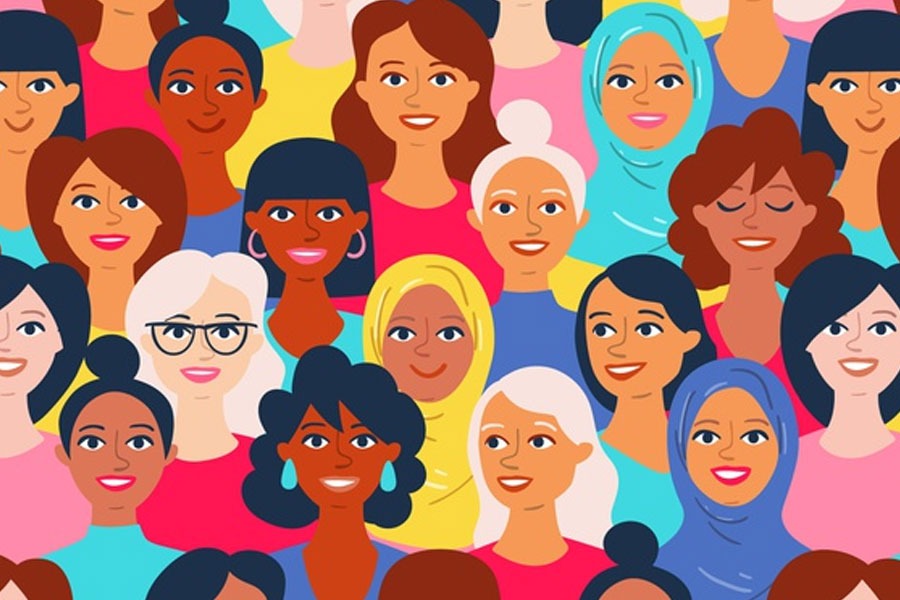- World Population Day, celebrated on July 11th, focuses on the theme of “Unleashing the power of gender equality: Uplifting the voices of women and girls to unlock our world’s infinite possibilities.”
- The UNFPA’s 2023 State of World Population report emphasises the need to recognise the role of women in population discussions and highlights the risks of neglecting women’s choices and reproductive rights.
- The report calls for investment in women’s health, education, and gender equality to address these demographic challenges. The demand for family planning in Pakistan remains unfulfilled at a rate of 11 percent, higher than the global average of 9.0 percent.
World Population Day is celebrated on the 11th of July across the world, this year the theme chosen is “Unleashing the power of gender equality: Uplifting the voices of women and girls to unlock our world’s infinite possibilities.”
This theme emphasizes the fundamental connection between empowering women and girls and addressing demographic challenges, highlighting the often overlooked role of women in discussions about population issues.
World Population Day: Pakistan’s Population and Future Challenges
The UN Population Fund’s (UNFPA) 2023 State of World Population report states that narratives focusing on either overpopulation or under-population risk disregarding women’s choices and reproductive rights. While concerns about overpopulation are frequently voiced in Pakistan, globally, population growth is nearing its peak due to declining fertility rates among women.
Pakistan however, remains at the opposite end of the spectrum where the fertility rates have decreased to 3.3 children per woman in 2023 but at the same time it means the population of Pakistan is set to be doubled in a mere 35 years instead of a projected 76 years as forecasted by the UN Population Fund.
With declining basic facilities in the country and scarcity of resources, it is difficult to fathom how the nation will be able to fend for an increase in population. Pakistan would have to manage double the amount of food, energy, water and jobs in order to sustain the added population in the next 35 years.
The World Population report states Pakistan is among the 8 countries that adds to global population growth by 2050. The estimated 240.5 million is projected to reach 403 million by the year 2050.
Investing in Women’s Health, Education, and Gender Equality
UNFPA Pakistan Representative, Dr. Luay Shabaneh in a statement mentions that Pakistan is in dire need of investing in women’s health, education and addressing gender disparities. He further added that it was important to empower women and carve a path for women centric economic activities and encourage participation in the labor market that will bring an increase in the growth of the economy.
According to the World Population Report, the demand for family planning that remains unfulfilled among women aged 15-49 in Pakistan is at 11 percent, in comparison to the global rate of 9.0 percent. Dr Shabaneh also stated,
“It is essential to upscale maternal health and access to family planning which has been painfully slow, hindering our collective ability to create positive change. We also need to challenge societal norms, attitudes, and practices that perpetuate gender discrimination and inequality. By doing so, we can create an enabling environment where everyone, regardless of their gender, can thrive and contribute to the betterment of society.”
He asked the Pakistani government that action to achieve gender equality should be taken immediately.
“Let us embrace the power of gender equality and strive to uplift the voices of women and girls, unlocking infinite possibilities for a brighter and more equitable world.”
Follow WOW360 for more.
